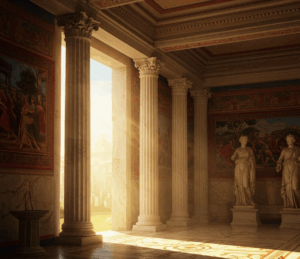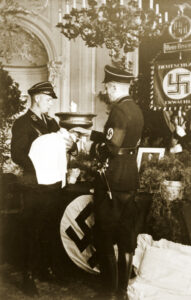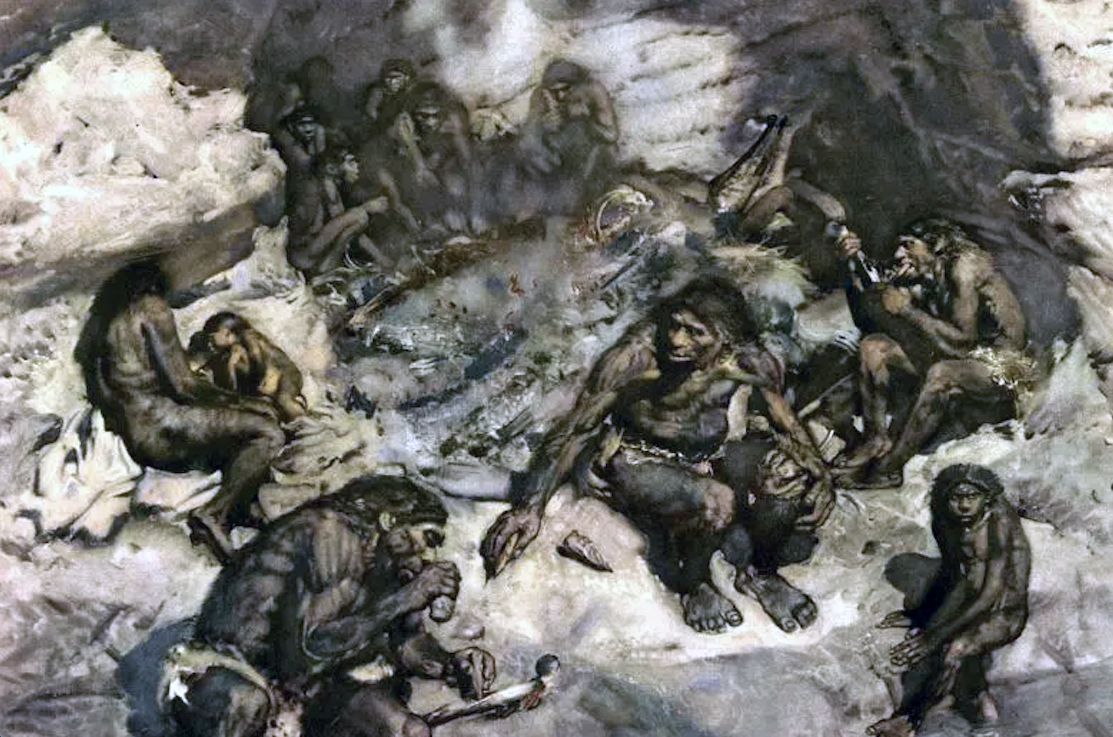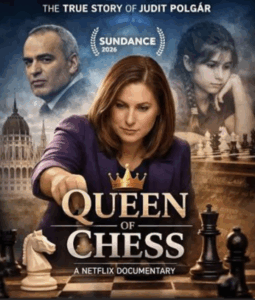
Gender is one of the most important words in contemporary Newspeak. Anyone who doesn’t understand this psyop won’t understand the psychosis that has been unleashed in the West to destroy the white race.
Benjamin to a penpal:
My perspective on the gender revolution? Well, I hope it doesn’t offend you—I’m very much not a progressive on it, though I think I’m more nuanced than your average conservative, i.e. right winger, at the same time:
I think ‘gender’ is a superfluous word; a creation no more than literary, that has no mapping to extraneous reality outside of the fantasies that invest so much in it. Like me inventing the word ‘feckewok’ and using it for advantageous purposes, making up a set of intrinsic properties from whole cloth to accompany this most abstract of ideas – perhaps whatever most appealed psychologically – like designing a ‘fun’, fan-made rule book update to Magic: The Gathering. Thus, I’d like the word ‘gender’ banned from the dictionary (unless one is dealing with the categorising of the nouns of foreign languages such as Latin, where you’d have masculine, feminine, and neuter; an entirely different—and valid—context).
I think the actual word we mean is ‘sex’, to describe the physical reality available on empirical evidence of there being males and females (and a handful of intersex, of which I really do mean a small handful legitimately, as the likes of Klinefelter Syndrome XXY’s are officially considered male; what I mean is, there’s very, very few genuine hermaphrodites).
I think it’s a trendy idea that has caught on because it effectively facilitates, promotes and normalises the cult of hyper-individuality that accompanies early 21st Century liberalism, mixed to the narcissism of the ‘lookit me!’ generations (millennials, and about half of zoomers).
As usual, I would say this destructive hyper-individual drive came about through the impact of historical Christianity on a race already primed to be fairly insular and non-cooperative at the best of times (where all must then be concerned in isolation with the saving of their individual soul; originally, only warped somewhat by the shift into godless postmodernism and secular ‘neo-Christianity’ post-French Revolution, the Enlightenment having been no more than a pseudo-apostasy).
Devastating to me, it also significantly lowers the bar on what can be considered evidence, and denies the physical world, at least as it can be objectively viewed. To remember Christopher Hitchens, positions put forward without evidence can be dismissed without evidence!
I don’t think it was a natural change. I think it was a calculated, civilisation-destroying move, of the Frankfurt School (etc.) variety, and generally, I think it is anti-white (in that in the long run it distracts from families and new life, instead pulling us into the cult of the self, a short circuit on fertility in historical conditions where we are under intergenerational population collapse—coupled to a morbid, materialistic, anti-natalist zeitgeist).
So yes, in a nutshell, I certainly do think they’re all deluded. Whether this comes about (at least in part) from child abuse or not is of great interest to me though, and I would like to know what percentage of cases that part is.
In general, when it comes to, just for example, transsexual individuals, I have a great deal of genuinely pity for them as I recognise them as trauma cases. If our society was not so stupid, ignorant, and pig-headed as to do nothing but encourage their increasingly legally-unfalsifiable (and unstoppable!) delusions, instead of digging beneath the surface a little (or actually, you know, asking them perhaps?!) it might be able to help them better.
Not help them to hoodwink the rest of society with obvious bullshit, under pain of draconian legislation; a sycophant’s most negative idealism. But help them to address where this bodily dissonance – this mental ‘dysphoria’ – comes from… what happened to them basically… it’s my personal theory that a great many were horrendously abused, and, as we know from the massive research contribution of independent psychologist César Tort, most abuse is parental.
Abuse victims need help, not persecution. I think the reason more do not come forward with this—true—understanding, is that they have repressed it to survive, and thus it has sunk into their subconscious, only to appear in other forms i.e. misdirected rage (at targets other than the perpetrators), thinking of the number of school shooter cases recently from this general ‘tranny’ demographic.
As for whether it was prevalent in the (Upper) Palaeolithic… I don’t think so (I can think of no fossil evidence that could verify this). I would suspect not. I think they had very firmly segregated gender (i.e. used in its strictest sense, as a synonym for sex, i.e. m or f) roles, and a real sexual dimorphism physically and culturally, particularly as the Levant populations (Skhul-Qafzeh) underwent to swift biological ‘revolution’ into becoming Cro-Magnon instigated by the predatory impact of the Neanderthals on them (i.e. females very female, males selected to be very, very masculine). The evolutionary biologist Danny Vendramini writes about this topic. It would basically have rendered them maladaptive to their environment to waste time on navel-gazing over whether their mental picture of their body matched the reality of their body.
Does this make sense? That last line kind of sums it up for me. Given that someone can be wrong, just on probability, I don’t automatically trust their self-reportage, no matter how vociferously they try and put it to me, or the meltdown they suffer in tantrum if I refuse to facilitate their lie. It’s a case of the emperor’s new clothes, if you remember that fable. I don’t think that has changed from the Palaeolithic right up until now.
I just don’t think its adherents and devotees want it to be empirically false, and would rather throw truth, empiricism, and biological reality out the window than be wrong—which does suggest severe malignant narcissism to me, or at least an infantile mindset with a psychopathology of some sort—and remember, I keep ‘mental health’ in the realms of the psychologically-imposed (the Trauma Model of Dr Colin Ross), and do not go in for dopamine/chemical imbalance bullshit-theories either.
As with the right on many of its issues, the left is equally dogmatic in my experience on this particular matter, so I wouldn’t usually expect anything more than doubling down. To me this just highlights how many people there are willing to self-delude in this country/planetary hemisphere, often simply in a fake act of being ‘nice’, or ‘tolerant’. I think I’d rather be honest.
Basically, if their mental picture doesn’t match the biological reality, why does it never occur to them that this could be because of a certain delusion? Surely that’s the basic definition of psychosis! And psychosis is the severest symptom of sustained environmental trauma.
I don’t think it’s kind of the corpus mentis crowds to mock psychotic patients. I don’t think it’s kind of them to validate them on their delusions either, if the want them to get better. I blame ignorant society very much as a whole for screwing up a sensible solution to this issue, which I think otherwise could have been nipped in the bud (an issue which I know does bring people some pronounced pain, if only behind their mask of proud frivolity).
In the future I’d hope for a more genuine trauma-based psychotherapy for anyone who came out with these ideas (currently unavailable as gender zealots and liberal ‘cultists’ have ruined the open-minded impartiality of clinical psychology in general).
Anyway, that’s my initial thoughts on the matter. Thank you for asking me.










